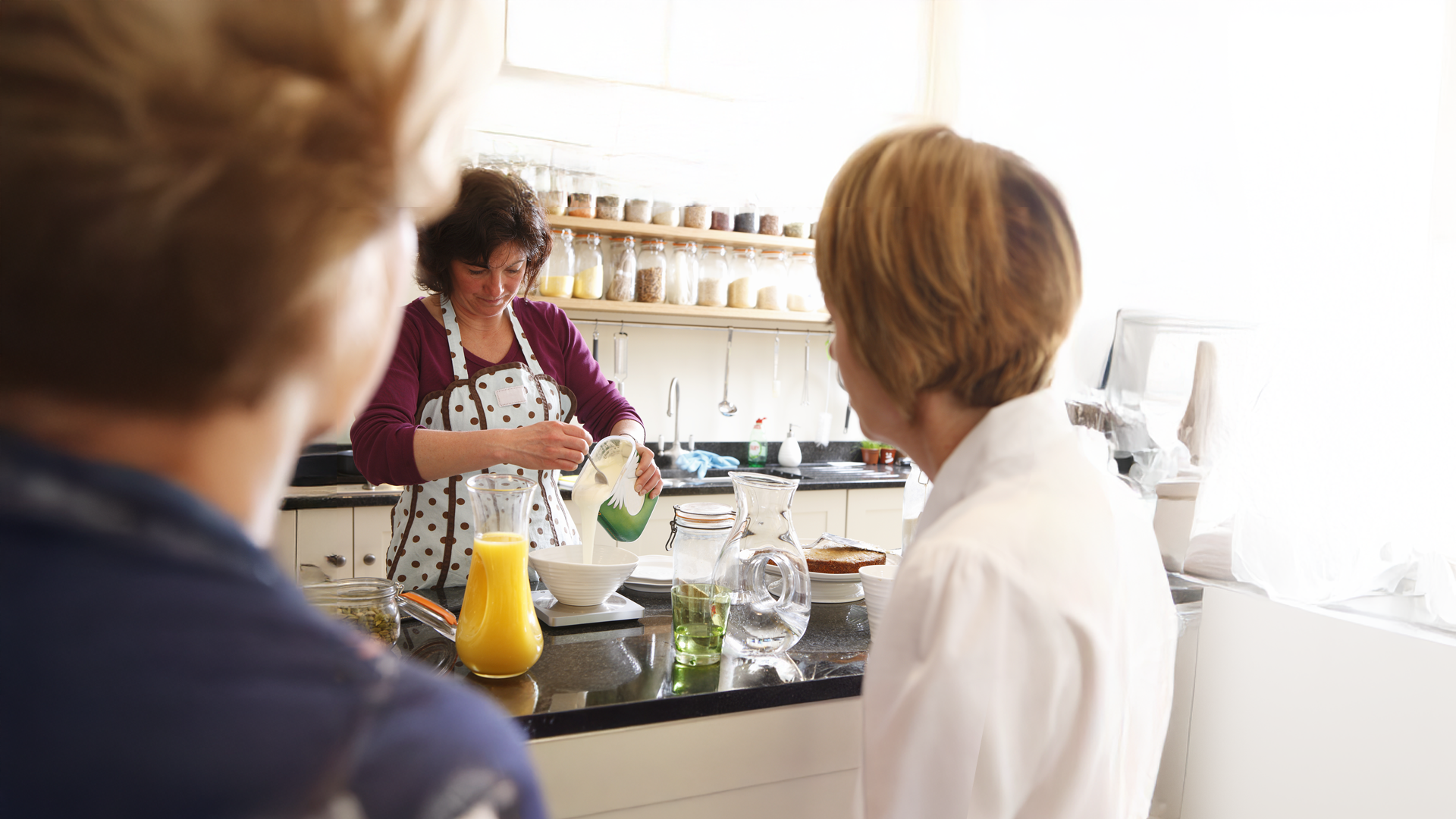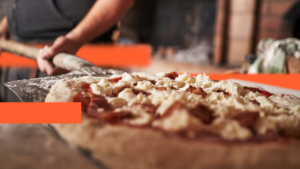Substack has made the email newsletter cool again. Sarah Maber finds out how brands and writers can maximise its potential.
From pea coats to parenting to political polemics – whatever your interest, there’s a Substack to nerd out to. Which is good news if you share the author’s passion – and even better news if you’re the creator, as interested readers are very likely to take out a paid subscription to access more of the same content.
For those who don’t know, Substack launched in 2017 as a subscription network to allow writers to be paid directly by their readers. It quickly made newsletters cool again, as well as making unexpected stars of some of its early contributors; the ‘Letters from an American’ newsletter authored by history professor Heather Cox Richardson had over a million email subscribers by the close of 2020, transforming her into one of the most successful independent journalists in the world.
It works like this – subscribers sign up to a newsletter or blog; and choose to pay a fee – set by the creator – to access further content (usually in the region of £4-£10 a month). The platform takes a 10% fee from each transaction. Successful authors are reported to bring in more than £100,000 per year; these include the journalist Emma Gannon and the historian Ed West. Others, including the pastry chef Nicola Lamb, have been able to quit their full-time job to focus on it. Writers love Substack for the freedom it offers, which might explain why literary giants such as Salman Rushdie and Hanif Kureshi are doing some of their most interesting work on the platform.
‘Substack’s power is this: give culture makers financial independence through reader subscriptions. It’s that simple. Writers don’t have to sublimate themselves to attention games or beg for corporate marketing budgets in order to succeed,’ says Substack UK’s Head of Writer Partnerships Farrah Storr. ‘They just have to do their best work. Their readers will do the rest.’
What’s in it for brands? While writers enjoy creative freedom and monetization through their newsletters, Substack also offers brands the chance to trend-watch and to keep pace with agenda-setting creators and thoughtleaders. But as successful Substackers know, it offers other opportunities, too.
- A connection to your audience. A successful Substack doesn’t just mean a direct line to an audience, but a unique partnership; the commenting feature allows readers to give feedback and help shape the offering and future of their favourite brands.
- An opportunity to build trust. Emma Gannon says her followers appreciate the ‘authenticity and freedom’ afforded by Substack; the platform allows brands to cultivate a tone of voice that will deliver messaging to a receptive audience.
- Potential to grow. A successful newsletter can also offer expansion. Journalist Joshi Herrmann, who covered Manchester news on his Substack The Mill, has gone on to employ eight full-time staff across three cities and raised £350,000 from a group of investors.
- Showcasing expertise. It’s difficult to find big brands with eponymous Substacks. But box-office CEOs or founders can create successful personal newsletters that share expertise as well as publicising businesses. Professor Tim Spector, for example, the co-founder of personalized nutrition service Zoe, also has a Substack called ‘Gut Feelings’.
‘More content is rarely a bad idea, and Substack is a great place to branch out from social media content and create longer-form newsletters, looks behind the scenes, expert analysis, and more,’ says Michelle Songy, founder and CEO of tech media platform Press Hook. ‘Not only can you reach your current audience through your Substack, but you can also build your subscriber base by adding additional engaged readers, potentially leading to new customers as well.’
As of 2023, Substack had over 2 million paid subscriptions for newsletters that fed an audience’s passions; and some legacy brands like The New Statesman have abandoned previous formats to distribute solely on Substack. But even without a full migration, one thing is clear – all brands can capitalise on the Substack-driven re-invention of the email newsletter.






